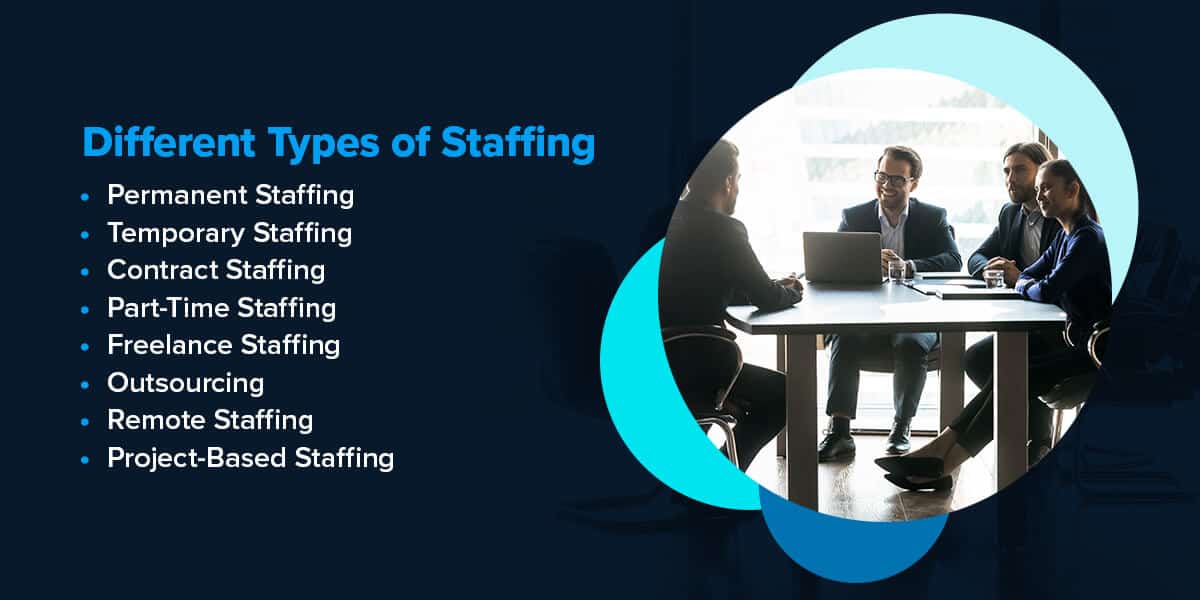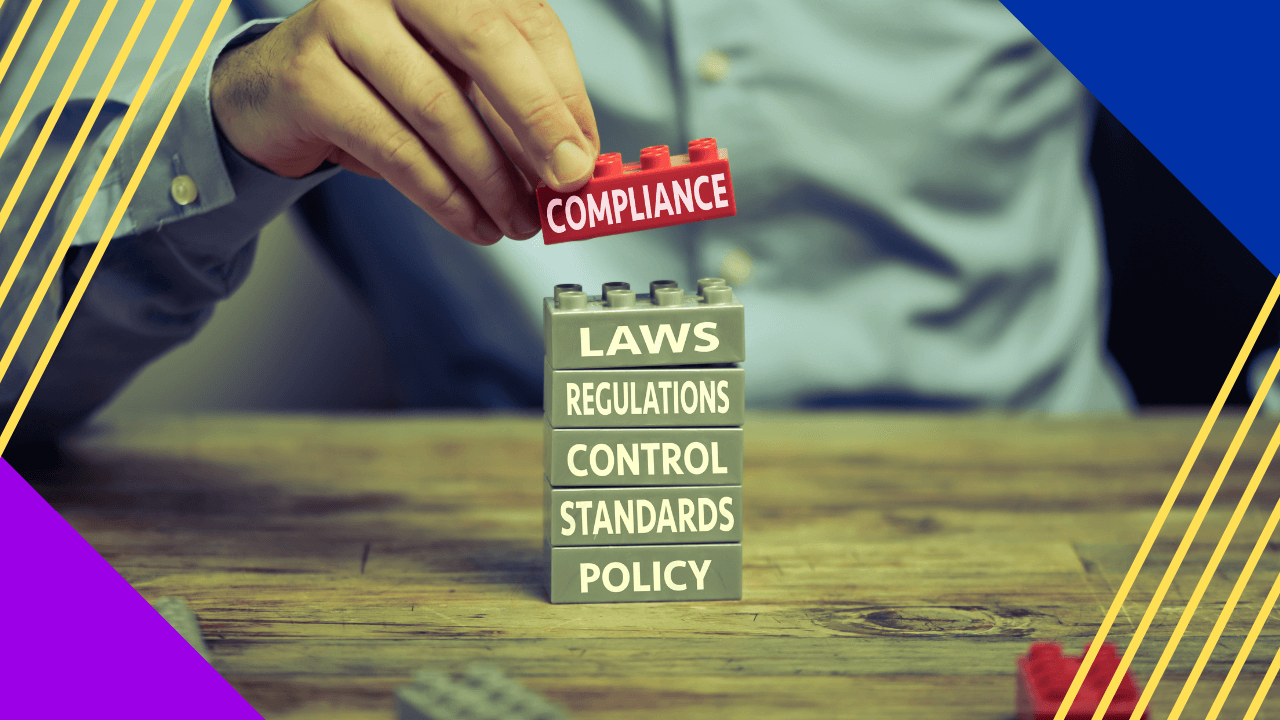Cette entreprise n'a pas de postes à pourvoir
0 Avis
Noter cette Entreprise (Pas d'avis pour l'instant)
About Us
Understanding Legal and Compliance Aspects in Your Outsourcing Journey
This post is a submission by Managed Services Partners. Managed Services Partners is an outsourcing company with over 6 years of experience assisting businesses improve operations and drive growth.
Embarking on the contracting out journey is a venture that numerous services carry out to improve effectiveness, lower expenses, and utilize specialized talent.
However, alongside these prospective advantages come a host of legal and compliance complexities that should be carefully navigated to guarantee the success and sustainability of outsourcing efforts.
This detailed guide will check out crucial legal and compliance factors to consider, with a concentrate on data privacy laws, non-disclosure contracts (NDAs), non-compete stipulations, and the important role of versatility in today’s dynamic service environment.

The outsourcing landscape
Outsourcing is more than a method for unloading non-core tasks; it is a transformative method that can boost a business’s adaptability and competitiveness.
Whether it’s IT services, consumer assistance, manufacturing processes, or personnels, outsourcing can provide a substantial edge. Companies that effectively outsource can concentrate on core organization operations, drive development, and access leading skill without the overhead expenses of full-time employment.
However, this journey is not without its legal and compliance difficulties. Companies should bear in mind the complexities surrounding the transfer and management of data, the security of intellectual property (IP), and the maintenance of regulatory compliance.
Given the global nature of outsourcing, must also consider cross-border legal implications, which might differ significantly depending upon the nation where the outsourcing service provider operates.
Understanding these elements is important in guaranteeing that outsourcing partnerships align with a business’s tactical objectives while reducing possible legal risks.
In most cases, businesses that overlook legal and compliance factors to consider deal with pricey disputes, loss of sensitive data, or reputational damage that can take years to recuperate from.
Importance of legal considerations

Outsourcing naturally involves legal considerations that are vital to protecting a business’s interests. At the forefront is the need to protect sensitive details. Companies need to understand and stick to data personal privacy laws that govern the jurisdictions in which they operate.
This is especially vital as data breaches can result in extreme financial penalties and reputational damage.
Furthermore, copyright rights should be plainly specified in contracting out agreements to avoid unapproved use or misappropriation of proprietary properties. If these rights are not appropriately developed, an organization might lose control over crucial developments or private organization procedures.
For services running in extremely managed markets such as health care, financing, or legal services, compliance requirements are even more stringent.

Sticking to regulations such as the General Data Protection Regulation (GDPR) in Europe or the Medical Insurance Portability and Accountability Act (HIPAA) in the United States is necessary to avoiding legal complications.
Non-Disclosure Agreements (NDAs) and non-compete stipulations
When outsourcing, companies frequently share exclusive info with external company.
To safeguard this valuable information, NDAs are utilized. These arrangements are developed to avoid the unauthorized dissemination of secret information, thus safeguarding the company’s competitive benefit.
NDAs must be detailed and lawfully binding, plainly describing what makes up secret information and the commitments of both parties in handling sensitive information. Businesses must likewise guarantee that their NDAs consist of provisions for legal recourse in case of breaches.
Similarly, non-compete provisions can be included to prevent company from making use of delicate knowledge acquired throughout the contracting out collaboration to benefit a rival. This is particularly crucial when outsourcing freelancers or firms that may have several customers in the very same market.
However, the enforceability of non-compete stipulations can differ considerably depending upon the jurisdiction. Some regions have stringent policies limiting the scope and period of such provisions.
Therefore, it’s vital for companies to seek advice from legal professionals with experience in the pertinent legal frameworks to draft effective contracts.
Contracts: Setting the foundation
Contracts act as the blueprint for the outsourcing partnership, defining roles, responsibilities, deliverables, and timelines. They also outline the legal and compliance expectations for both parties.
A well-structured contract must resolve a number of crucial elements:

Scope of work: Clear and detailed descriptions of the services to be provided, consisting of quality requirements and efficiency metrics.
Data security: Specific stipulations associated with information security, data transfer procedures, and breach notification procedures to guarantee adherence to privacy laws.
Intellectual Property rights: Provisions that develop ownership of IP developed during the collaboration, and terms that protect pre-existing IP.
Termination provisions: Terms that deal with the possible end of the outsourcing relationship, including notification durations and conditions under which termination can happen without penalty.
Additionally, organizations must think about implementing service-level arrangements (SLAs) to ensure accountability and efficiency tracking. SLAs specify measurable standards that the outsourcing provider need to fulfill, offering companies with recourse if expectations are not satisfied.
Engaging with provider
Consulting with prospective provider throughout the early stages of the outsourcing journey is a strategic move. This engagement permits companies to evaluate the company’s capability to fulfill legal and compliance requirements.
Thorough vetting procedures, such as asking for references, reviewing past tasks, and examining compliance accreditations, can supply valuable insights into the supplier’s dependability and adherence to industry standards.
Businesses ought to likewise evaluate the monetary stability of potential contracting out partners.
A service provider that deals with monetary obstacles may not be able to maintain operations long-lasting, posturing a danger to ongoing tasks. Conducting due diligence beforehand can avoid future disruptions.
The function of versatility in legal and compliance strategies
Adaptability is a crucial component of effective outsourcing, especially when it concerns browsing developing legal landscapes. Regulations and market conditions can alter rapidly, making it important for business to stay agile.

Building flexibility into contracts and developing procedures for ongoing compliance tracking can assist businesses adjust to new legal requirements and preserve a competitive edge.
For instance, if a business is outsourcing client assistance operations to several nations, they should ensure compliance with various national laws relating to consumer protection and data personal privacy.
Regularly updating policies and agreements in reaction to legal modifications can avoid legal mistakes.
Real-world considerations and best practices
To make sure legal and compliance success in outsourcing, organizations need to embrace the following best practices:
Regular audits and evaluations
Conduct routine audits and assessments to guarantee that provider stay compliant with legal and regulative requirements. This proactive approach can help identify prospective spaces before they escalate into considerable problems.
Training and awareness
Educate staff members and outsourced teams on information defense practices and legal commitments. This ensures that everybody associated with the outsourcing journey understands the importance of compliance and the function they play in securing information.
Collaboration and interaction
Foster a collective relationship with service companies. Open lines of communication can assist address compliance concerns quickly and assist in joint problem-solving efforts.
Crisis management preparation
Have contingency strategies in place in case of security breaches, contract conflicts, or provider failures. A well-structured crisis management plan guarantees that services can quickly respond to difficulties without substantial disturbances.
Legal compliance for contracting out success

Understanding the legal and compliance elements of outsourcing is vital for services aiming to take advantage of external abilities while securing their interests. By focusing on crucial areas such as data personal privacy, NDAs, non-compete stipulations, intellectual home rights, and versatility, companies can efficiently browse the outsourcing landscape.
Successful outsourcing depend upon a collective method between the business and its service providers. Building trust and maintaining transparent interaction can lead to reliable problem-solving and a shared dedication to compliance.


